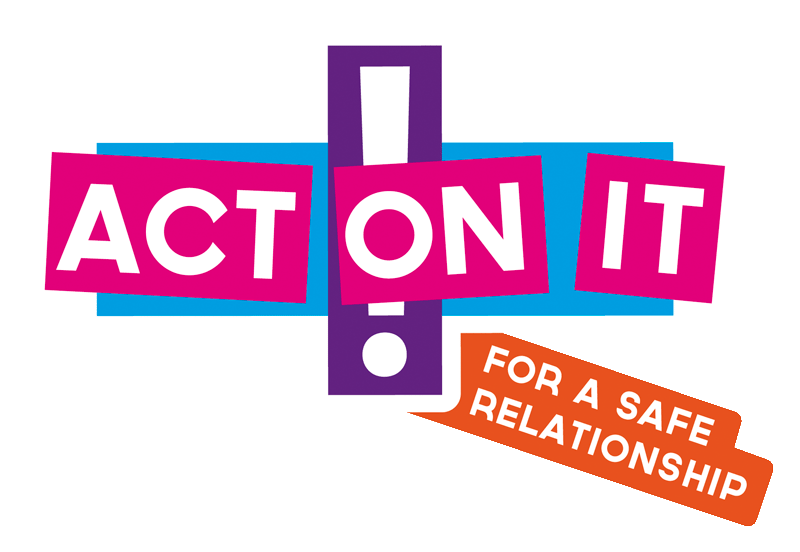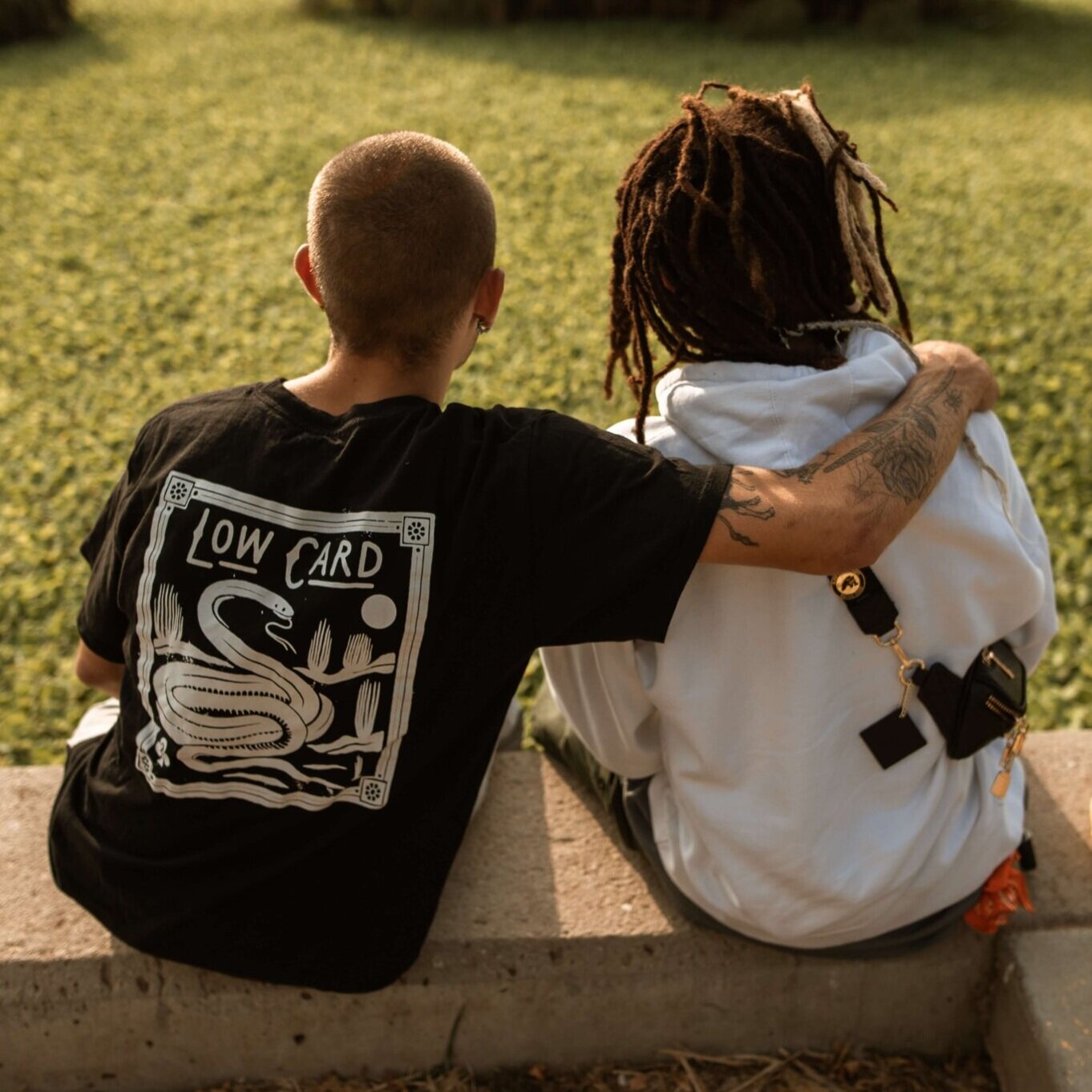
Help a friend
Worried about your friend’s relationship? We’re here to help. Think about what’s worrying you.
Have you noticed a certain behaviour? Seen something that doesn’t feel quite right? Or maybe you never see them now they’re in a relationship?
Starting the conversation…
It’s not always easy bringing stuff like this up with friends. What if they get defensive? What if it leads to a massive row and they stop speaking to you? Lots to think about.
If you think you might struggle with your friend’s reaction, talk to someone you trust about it first – ideally an adult.
Have a read of our useful contacts page if you’d feel better talking things through on a helpline – there are loads out there (including ours!)
Call our 24-hour helpline – 01270 250390 – or visit our useful contacts page if you need help supporting your friend.
-

Set up time to talk
Talk to your friend away from others without any distractions. They might feel uncomfortable or refuse to talk about it, so don’t push it.
-

Tell them you're worried
Let your friend know you’re concerned about their safety. Write a few things down if you think you might go off track.
-

Be supportive
Try to avoid getting into an argument. Stay calm. If your friend isn’t ready to talk, don’t push them. Reassure them that you’re there if they need you.
-

Offer help
Be clear that you want to help. But don’t make yourself responsible for their safety. You could sit with them while they read a leaflet or call a helpline.
-

Don't give orders
“You need to leave” = not helpful. Yes, it can be frustrating & upsetting for you. But your friend has to make their own decisions.
-

Make a safety plan
Safety planning = Keep hold of phone + full battery + credit. Remember a number in case phone gets lost/damaged. Emergency = dial 999, etc…
-

Encourage talking
A supportive friend is great. But your friend might need help from charities, their doctor or the police too, so encourage them to talk to others.
-

If they stay...
If your friend chooses to stay in their relationship, remember it’s their decision. Be supportive. They might just be too scared to leave right now.
-

Getting out & about
Encourage your friend to do stuff without their partner. Groups & activities are good because they tend to have a set time/day each week.
-

If they leave...
Leaving the relationship might put your friend at greater risk. Be supportive. Help them find ways to recover & avoid toxic future relationships.
REMEMBER: You can’t rescue your friend. It’s up to them whether they stay or leave. And they need to feel in control. Don’t instruct. Be there to listen & offer support.
Safety planning
Encourage your friend to do what they can to keep themselves safe until the situation changes or they can leave.
They could write a safety plan to limit the harm they experience within their toxic relationship.
They can do this for any kind of unhealthy or toxic relationship – with their partner, parents, a sibling or someone else they’re close to.
Writing a safety plan might help your friend to take back some control within their harmful relationship. It’ll probably stop you worrying as much too, knowing they’ve thought about what they can do in various harmful scenarios.
You could offer to sit with your friend while they write their safety plan. It doesn’t involve an ongoing commitment to feeling responsible for them, but it might help them feel supported at a time when they feel alone.
Keeping in touch
You don’t have to make yourself available at all times in case your friend gets in touch. You have your own life, so try not to let their relationship take over your life too.
Set healthy boundaries for keeping in touch. Let your friend know you’re there if they need you, but you can’t be an emergency contact as you aren’t contactable at all times. They need to dial 999 if there’s an emergency.
Invite your friend to meet up to help them get physically away from their abuser. Being able to do things independently from their partner can help to build their confidence, which will usually have been damaged in a toxic relationship. And building confidence can help your friend gain the courage to leave.




